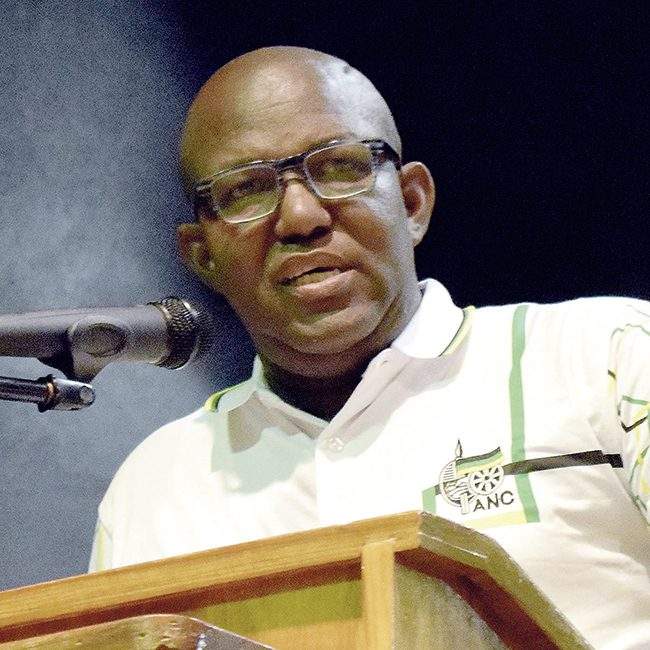South Africa has in recent years woken up to a new form of governance famously known as coalition government, with the first seen in KwaZulu-Natal when in 2011, after the local government elections, the ANC joined forces with the late Zanele KaMagwaza-Msibi-led National Freedom Party to dislodge the IFP from power in most municipalities left hung in the province.
Since then, coalitions have been coming from all corners of the political spectrum in South Africa, even finding their comfort zone in the metros, first in the Nelson Mandela Bay metro when the DA, the UDM and smaller parties formed a pact to run the metro.
The outcomes of this marriage of convenience are known by all and sundry.They are not good news to the electorate.
Parties in coalition often sign a pact on issues that might not have been part of their manifestos, which mostly leads to facing off between the parties.
Throughout the world, coalition governments haven’t proven to be successful. Recently in Italy, Giorgia Meloni took over as prime minister following a coalition between her party, Brothers of Italy Party, and Matteo Salvini’s far-right League and the centre-right Forza Italia of Silvio Berlusconi.
What followed was not what the people of Italy expected, as Meloni had tussled over some of the key government roles with Forza Italia and the League in the weeks since her nationalist, anti-migration Brothers of Italy Party won the elections with 26% of the vote.
The two smaller parties both won with a little more than 8%. This caused instability in government, further exacerbated by Berlusconi’s party refusing to support her pick for the speaker of Italy’s senate, leading to the centre-right leader penning a note describing Meloni as arrogant.
This caused further instability and led to delays in providing the people with much-needed service delivery, as much time was spent on jostling for positions. In Belgium after the 2019 elections, seven parties agreed to form a coalition government 500 days after the announcement of the results, proving that coalition governments are marred with clashes of personalities, ideological and policy differences.
Back home, what does a coalition government has in store for South Africans?
Nothing, given the current experiences that we witness playing out at some of our biggest municipalities and metros.
Coalitions and mergers in the metros are reversing what the ANC-led municipal governance achieved during the years when the governing party was at the helm.
Starting from Nelson Mandela Bay metro to Johannesburg, Ekurhuleni and Tshwane, municipal governance has been reduced to nothing but a mockery.
Service delivery has collapsed as parties jostle for power and access to the municipal purse. Is this what the people of South Africa need?
In Limpopo, coalition government is changing the good news story into a story of shame, where the once-shining towns of Modimolle, Mookgopong and Thabazimbi have collapsed as DA-led coalition governments in these once-thriving municipalities scramble for power.
Parties in a coalition differ in approach to implementing their respective policies or lack thereof. Recently, the DA launched what it calls a “Moon-shot Pact”, a dating game of various political organisation with the aim of unseating the ANC after the 2024 national and provincial elections.
This dating pact is not underpinned by ideology or policy agreements, it is a date that will end in tears.
Again, the EFF with its flip-flopping tendencies offers nothing to the people. While it sees itself as an alternative government, we know it is interested to get its hands on the kitty.
All these parties, especially the Johnny-come-late who parade themselves as the alternatives, have nothing to offer.
It is the ANC with its track record of internal party-political democracy, not individually aligned, that has the know-how of policy direction and the ability to change the lives of the people for the better. Our performance since 1994 speaks for itself, and evidence is there for all to see.
As we approach the 2024 elections, the ANC remains the hope of the hopeless masses of South Africa. It is upon us to work together with all progressive forces, as we have been doing since 1994, to ensure that the ANC gets an outright majority to continue implementing its policies without any hindrance.
• Monama is the member of the provincial executive committee and ANC head of political education in Limpopo.
Follow @SundayWorldZA on Twitter and @sundayworldza on Instagram, or like our Facebook Page, Sunday World, by clicking here for the latest breaking news in South Africa. To Subscribe to Sunday World, click here




